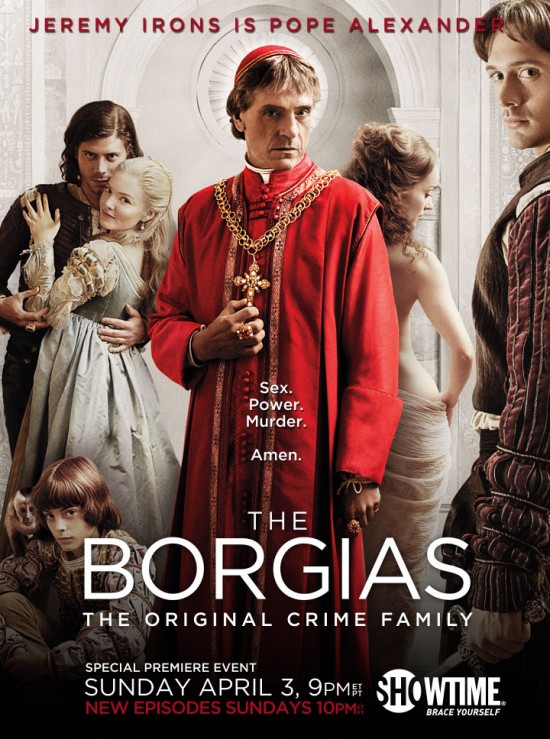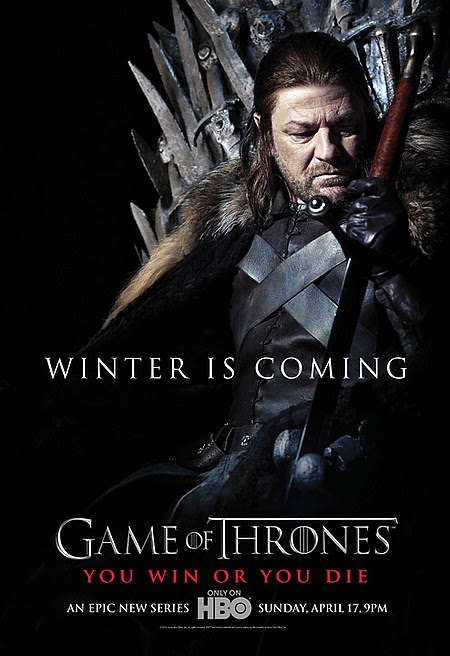I’ve been tight-lipped here for a little while, owing to a walloping on a couple of fronts.
I’m teaching my first ever college class this semester, balancing that with my full time job, and trying to widely hedge my bets on an agent for The Seventh Pleiade.
(You can all put down your bets on how soon the mental breakdown will arrive).
So, on the agent front, I’ve got some folks reading my full manuscript. Cross your fingers! Querying/pitching is pretty torturous, but at least this time around I am getting some response.
Also on my mind lately: Lambda’s announcement about changing guidelines for its 24th annual awards.
Responding to strong criticism about restricting nominations to self-identified LGBT authors and poets, Lambda’s Board re-opened the field to all writers, excepting three categories that recognize authors in stages of their careers: debut, mid-career, and lifetime achievement.
I’ve got a heap of mixed feelings about the announcement. On one hand, exclusion rarely feels right to me. When authors — LGBT or not — write fresh and honest stories about queer people, they are part of a united fight against censorship and marginalization, which are still very real obstacles in publishing. Increasing the number of good queer portrayals is something to be lauded whether the author is non-LGBT, like George R.R. Martin (Song of Ice and Fire), or gay, like YA author David Levithan (Boy Meets Boy, Wide Awake).
On the other hand, I believe there is a need to celebrate queer authorship specifically, to have an occasion where people step up to the podium and validate that being a queer author matters. It’s not just about the content of our work. Queer authorship is a tradition, a history, a common struggle, and a triumph. By celebrating queer authors, we celebrate more than simply queer themed work, as though it were a genre of fandom, like sci fi or romance. We’re celebrating, and creating, community.
According to Lambda’s Executive Director Tony Valenzuela, the organization does not anticipate the policy change to have an impact on the number of queer authors nominated. There were no restrictions on nominees for most of the Lammy’s history (notwithstanding the period of 2009-2010, when a 2009 policy was in effect restricting most awards to LGBT authors).
In correspondence with Valenzuela, he pointed out to me that queer authors have always competed extremely well, even dominating the competition. Says Valenzuela: “I don’t see that changing anytime soon.”


